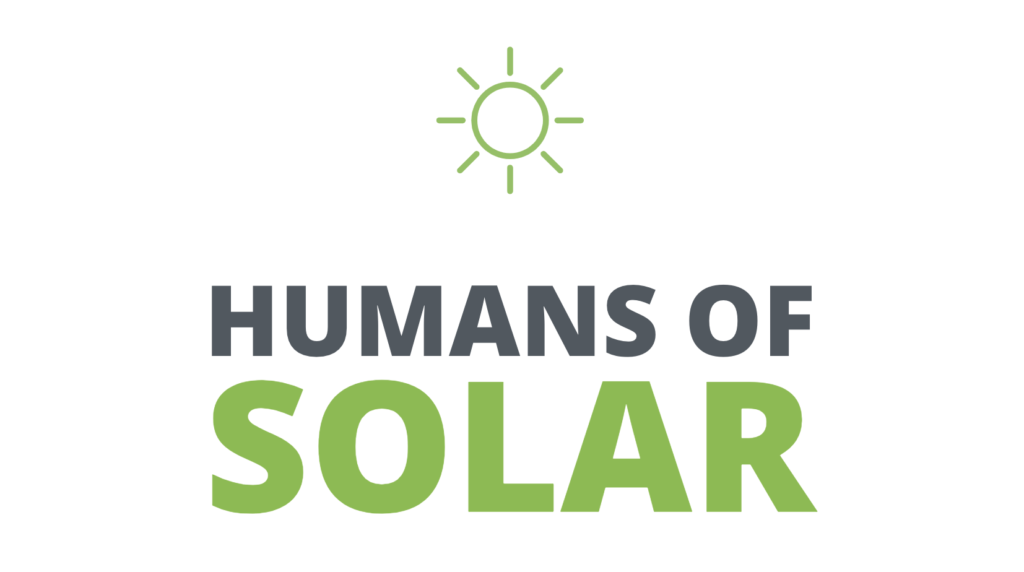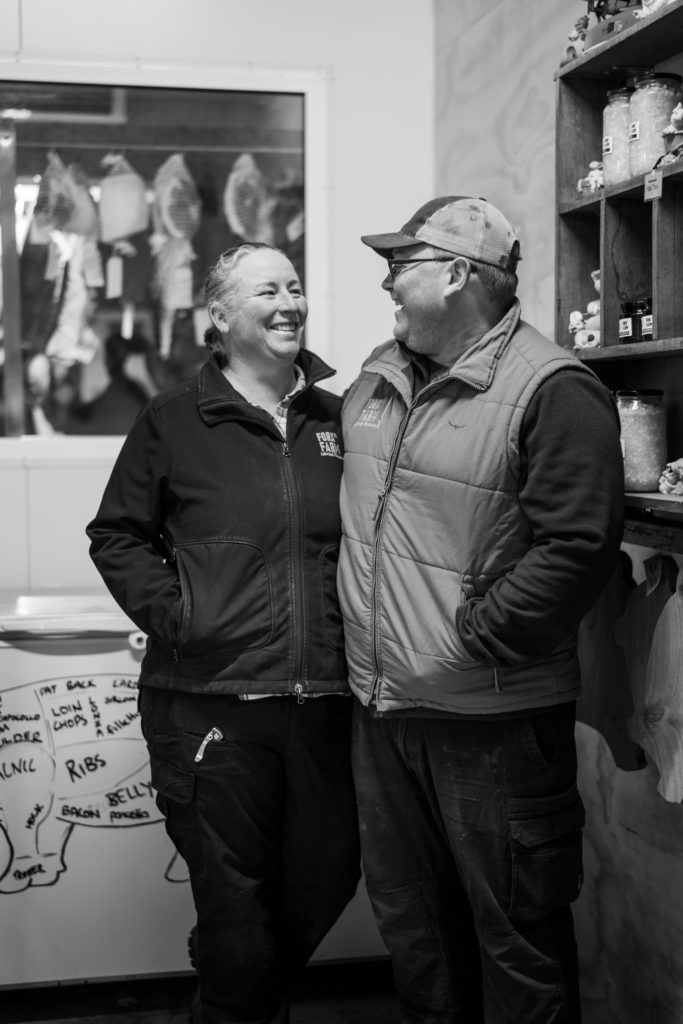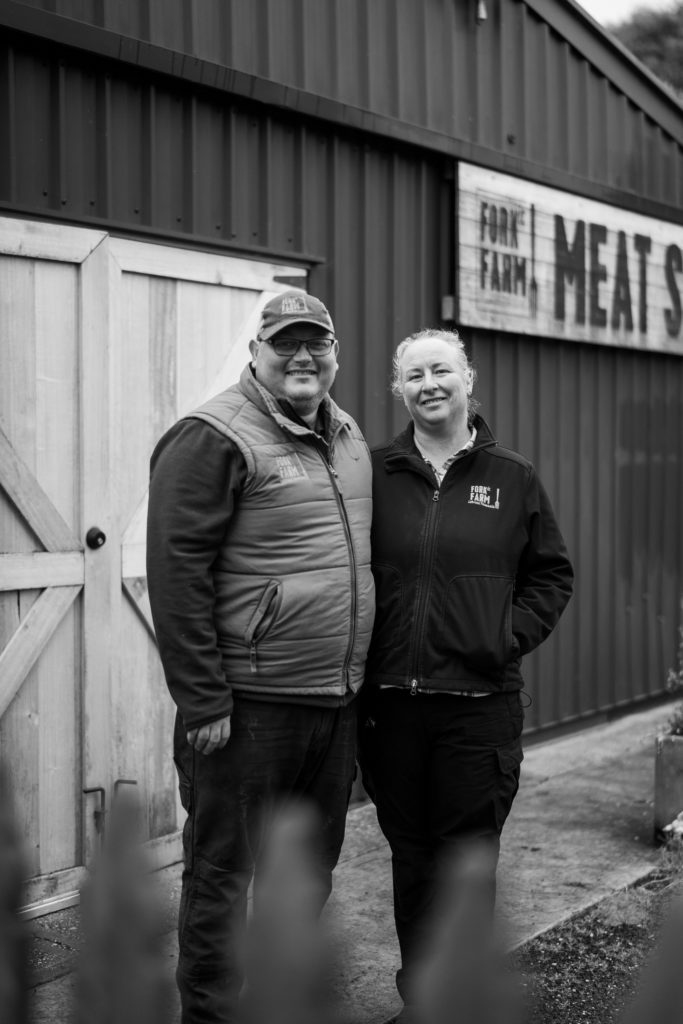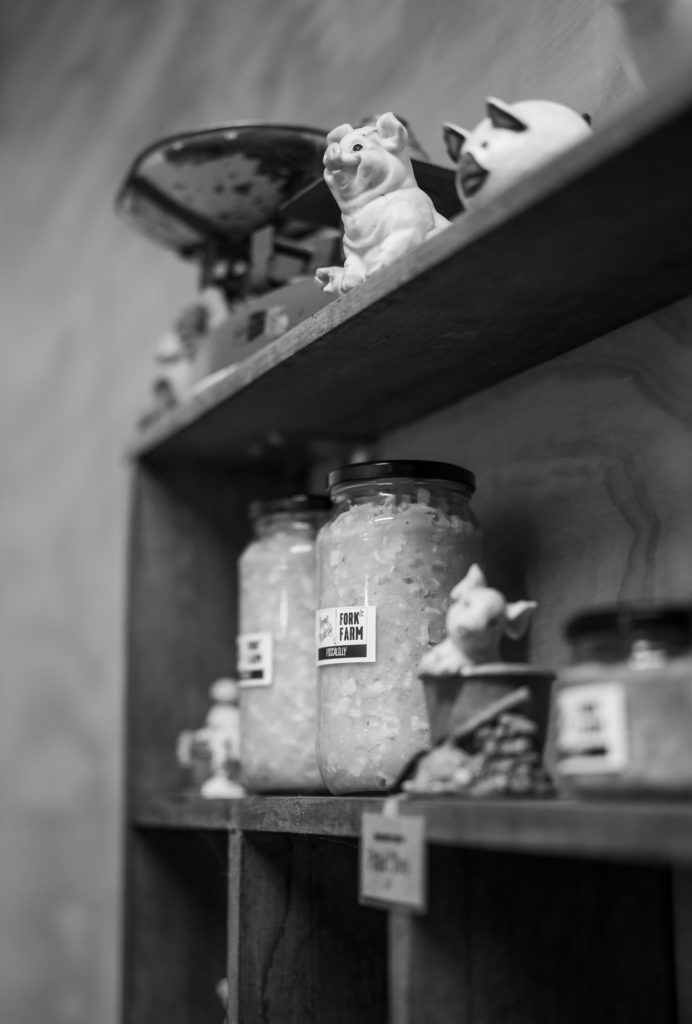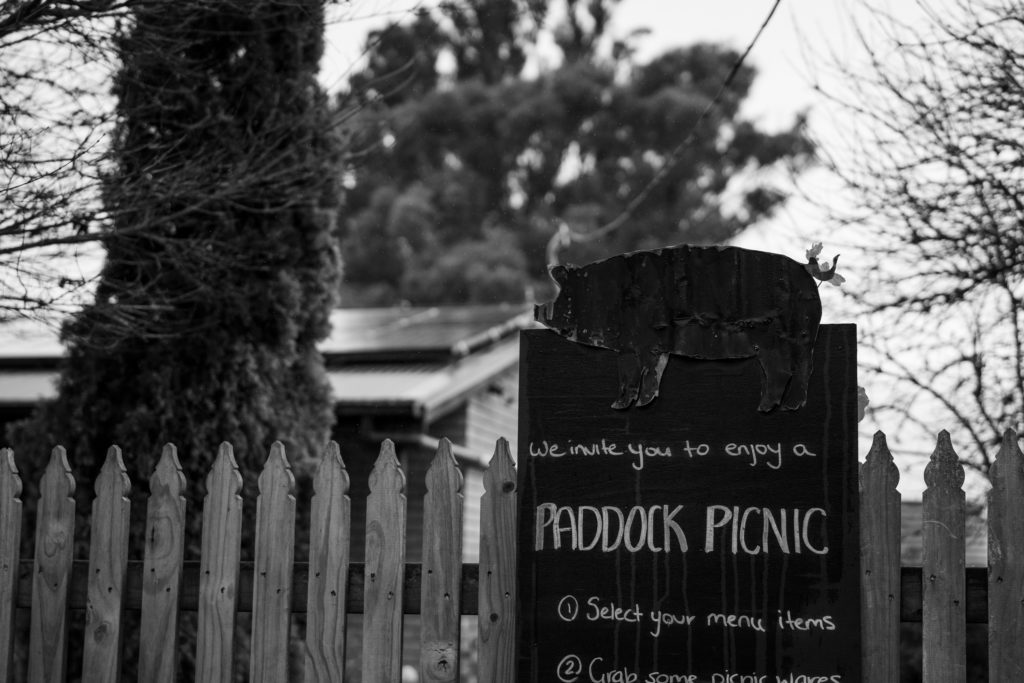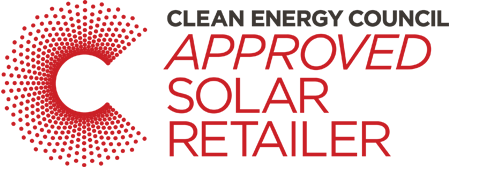Humans of Solar: Daniel & Kim Croker
24 Aug, 2021
We speak with everyday Tasmanians who are living off sunshine.
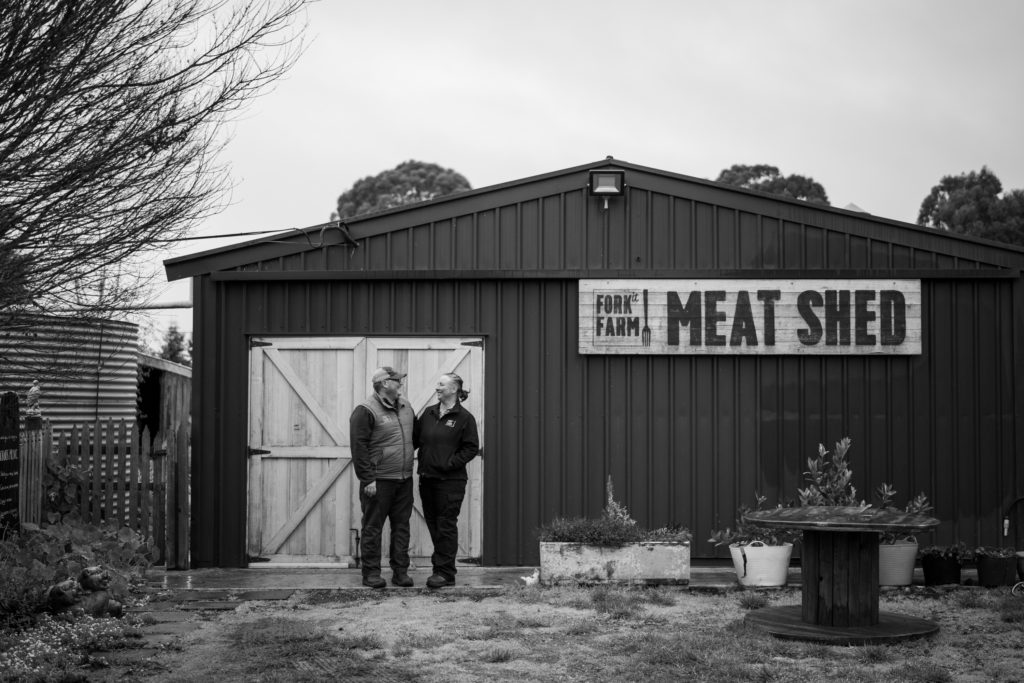
by Daniel & Kim Croker
Four years ago we traded in our jobs to work with pigs.
I’m a research scientist by profession. I was working at the University of Queensland on a government fellowship, looking at new treatments for dementia and Alzheimer’s disease. Kim’s a high school teacher and she’s also worked as an educator for the RSPCA, the Keep Australia Beautiful program, and in animal management for the Gold Coast City Council. So she’s always been on the animal ethics side of what we do.
We were on very good wages, but weren’t enjoying life. We needed a change. We were also really keen to reduce our carbon footprint as much as possible, because of the way climate change is heading. We wanted to play our part in reducing our fossil fuel use.
So, four years ago, we made the move down from Brisbane and bought our Lebrina property with the goal of setting up a pasture-raised, free range pig farm. We wanted to produce the kinds of products we wanted to buy, but couldn’t find. That’s what we’ve done, and we’ve called it Fork it Farm.
When we moved here, the old farmhouse had to be updated. We originally put on 5kw of solar, one Tesla battery as a backup and a heat pump hot water system. We were pretty much off grid at that stage. Unfortunately, when we built a meat processing shed with four cold rooms and multiple freezers, our power usage went up dramatically! So we put another 5kw of solar on and a second battery, which offsets a fair bit of our usage, but not all of it. We’ve also just built a new farm stay on the property which is completely off-grid.
We’re a mixed farming operation — a small herd of cattle, small flock of sheep, some poultry (ducks and geese) — but pork is our mainstay. We run purebred heritage Berkshire pigs: 12 sows producing about 150 pigs a year. So we’re very small on the scale of pork producers but we do a lot of value adding to our pork products and everything is chemical, preservative and nitrate free, using salt as our curing or preserving agent. All our products go into compostable packaging or reusable glass bottles. We also farm in an organic manner; no chemical pesticides or fertilisers on the paddocks or fields. Everything is naturally fertilised by using the livestock across the property.
What we’re doing is regenerative agriculture. We’re actually building the soil carbon levels rather than degrading them the way industrial farming does. It’s treating grazing animals as they would have moved in the wild; high density in one area for a few days before moving them on to fresh pasture so the land has a chance to regenerate.
We use a lot of waste-stream feed for our animals. So, the pigs get waste milk from a local dairy that would otherwise go to waste or landfill. We get seconds apples from orchards, the ones the supermarkets reject. We don’t supplement feed our cattle or sheep, they’re all completely pasture fed their whole lives. We cut hay once a year for them. By accessing the waste-stream we dramatically reduce the amount of grain we have to use to supplement the feed for our pigs and poultry.
We were one of those lucky operators to do well through Covid as people shopped locally more. That’s one of our values, in fact. We don’t ship to the mainland, we service the local Tasmanian community with our products and we struggle to meet that demand.
We’re not going to make huge money doing this, but that was always our model. A no-growth model that would simply fund Kim and I to live simply and luckily that’s where we are at the moment. And we love it!
